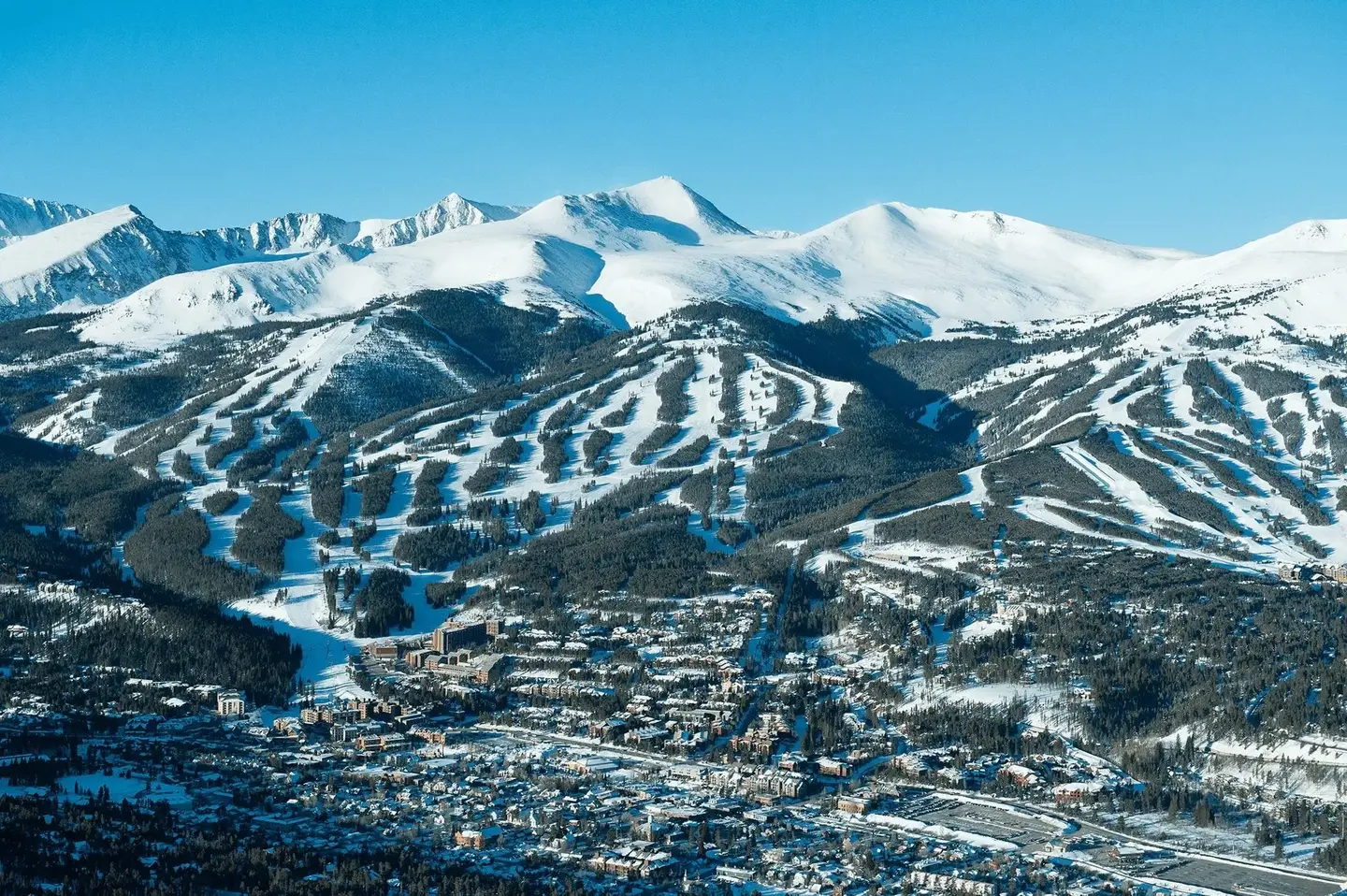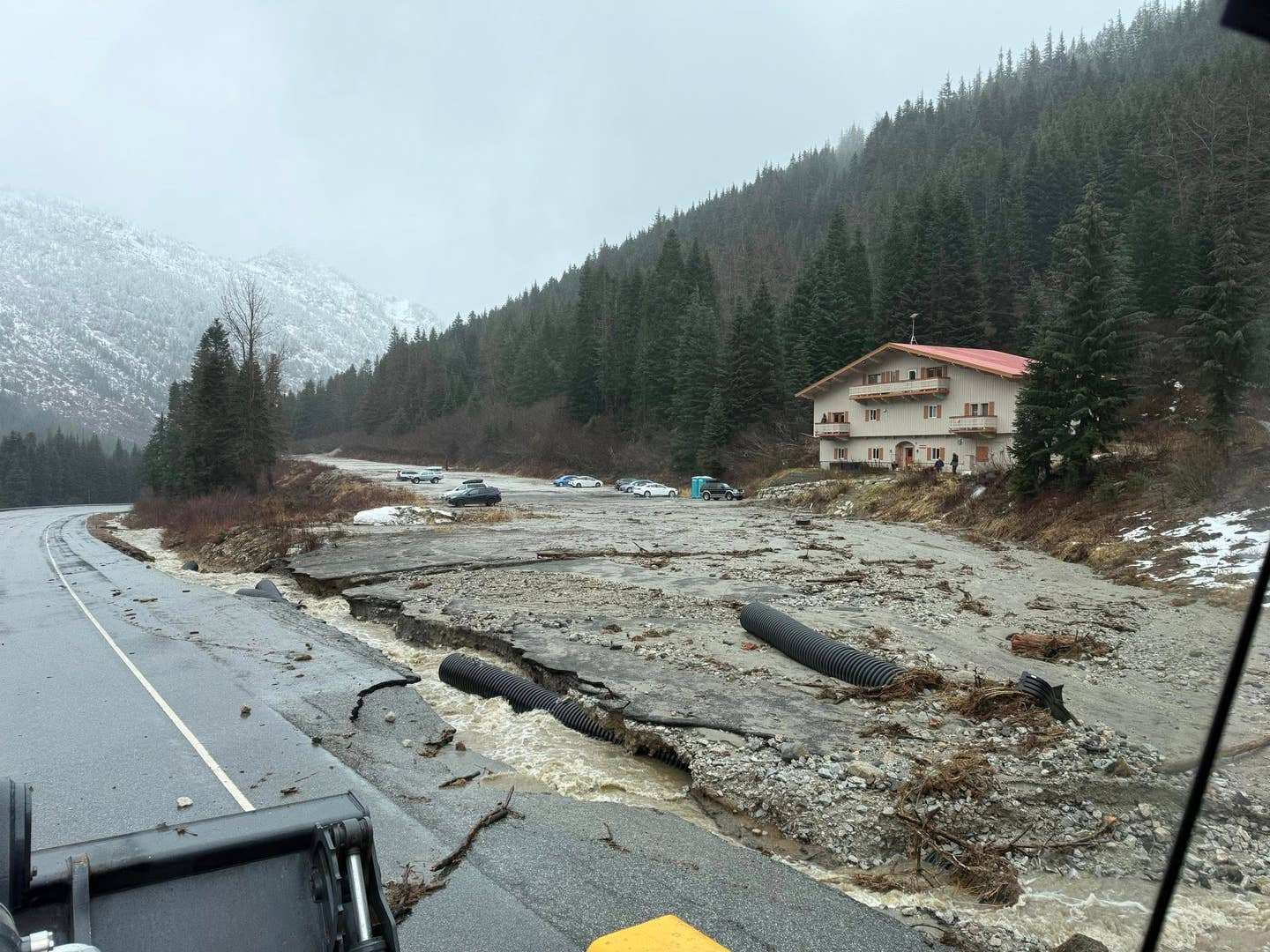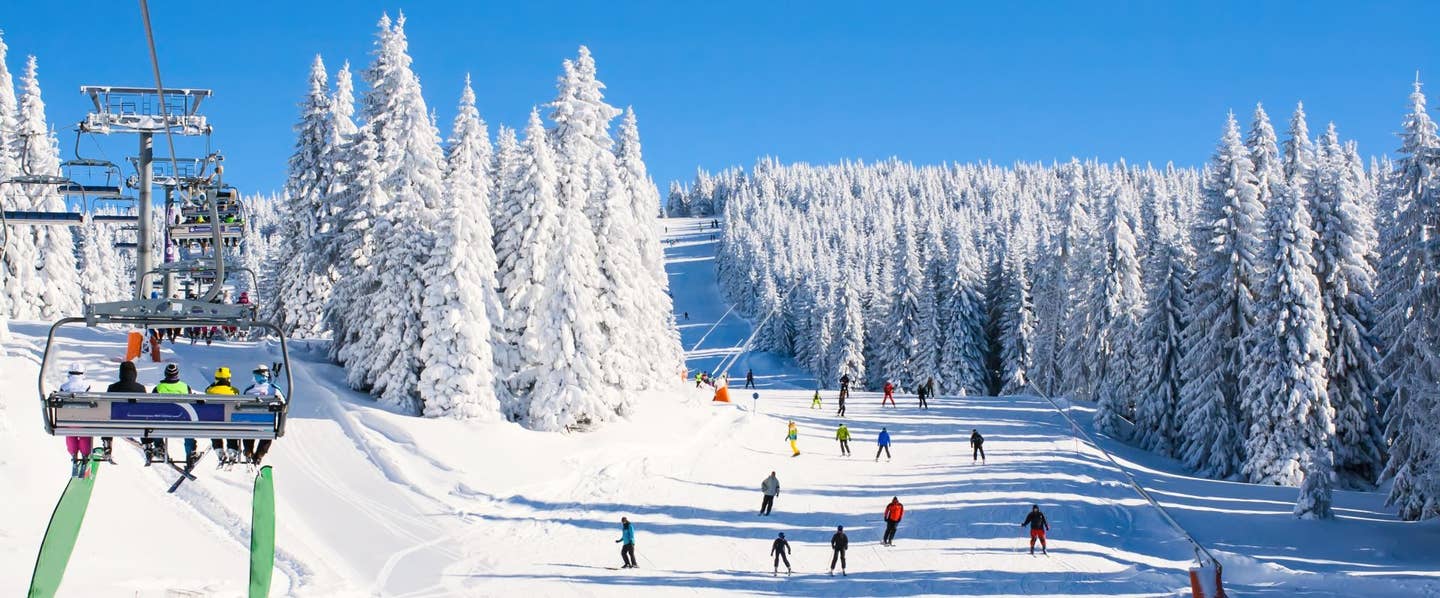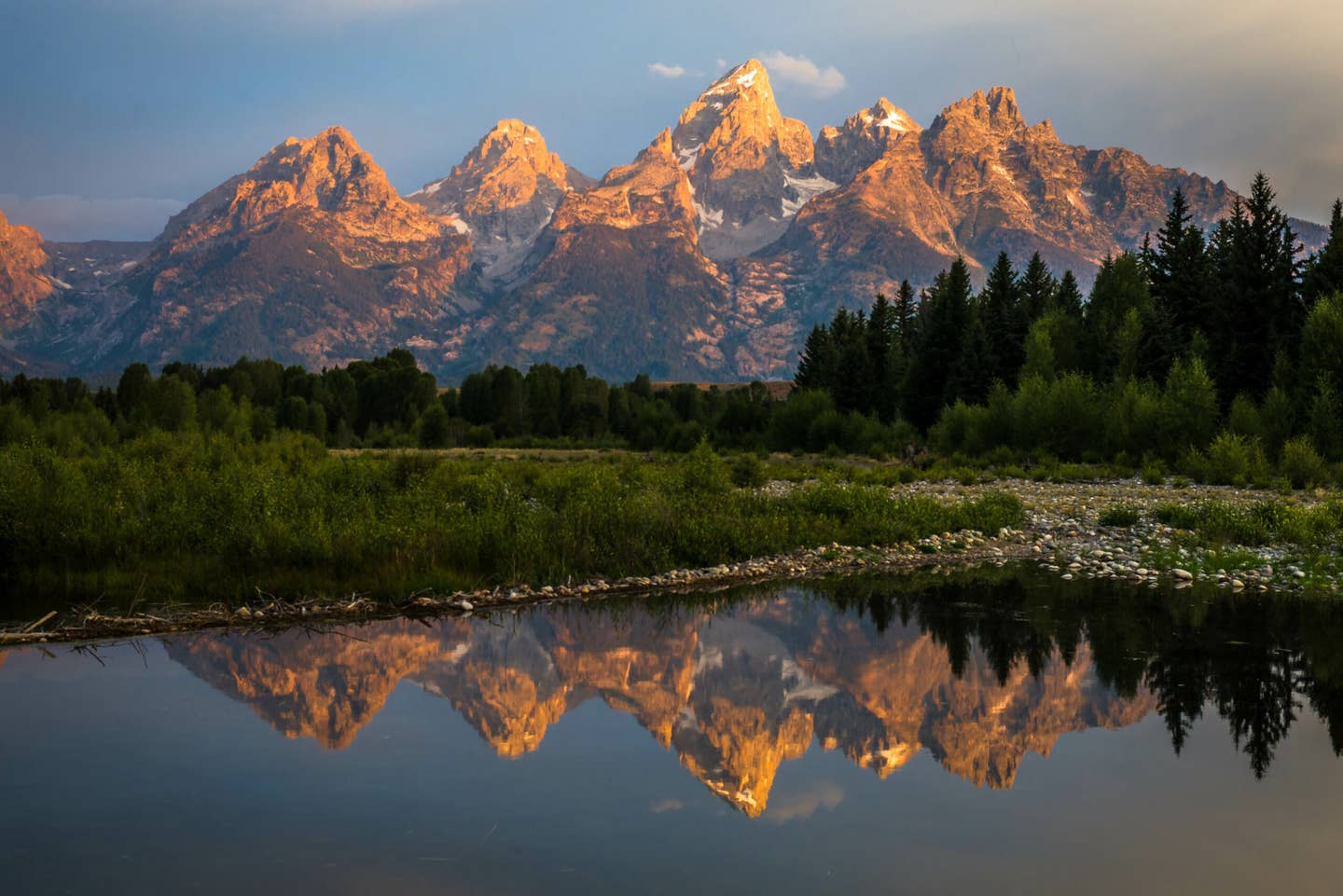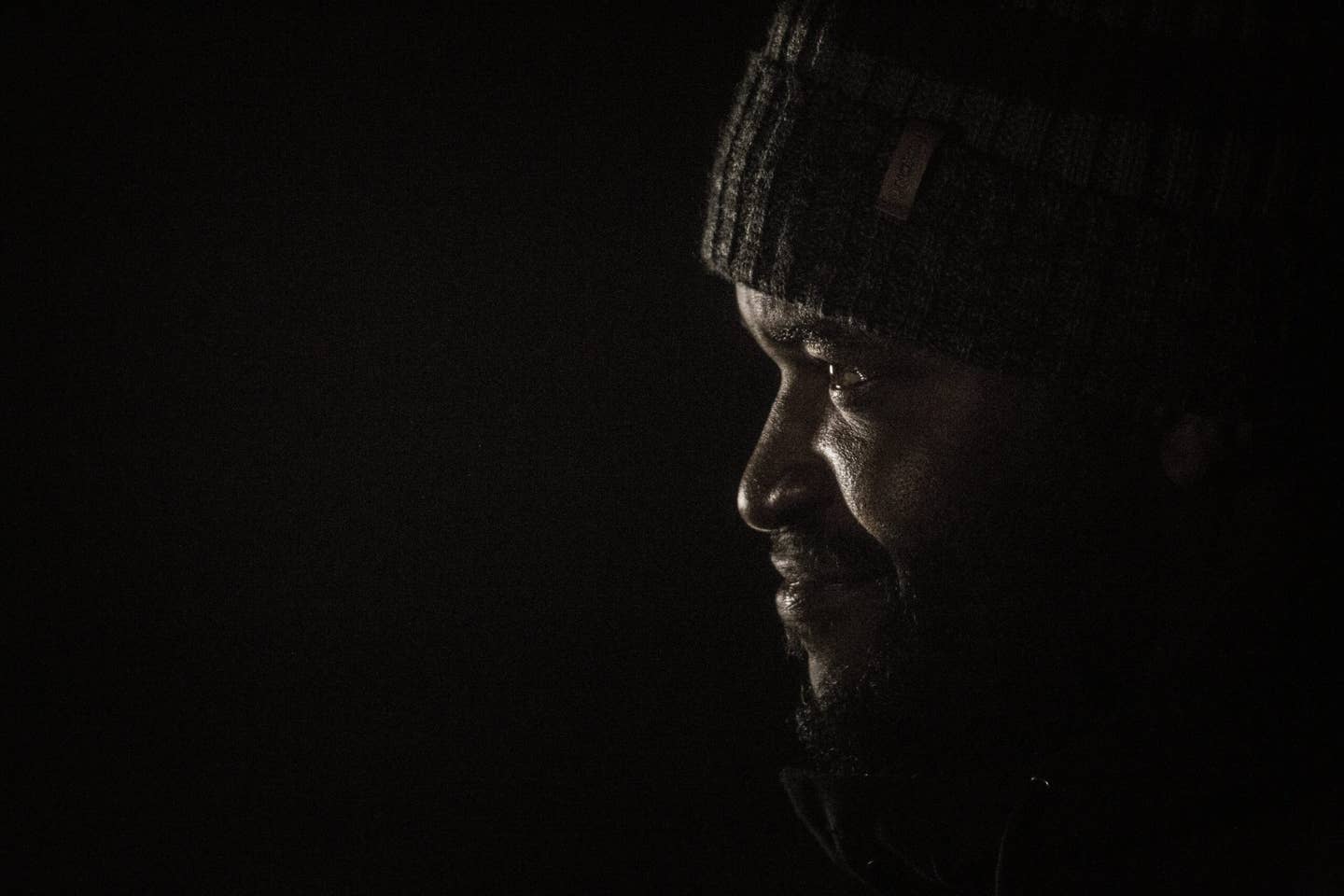

Journey>Reward: Who Is Selema Masekela?
Popular Stories
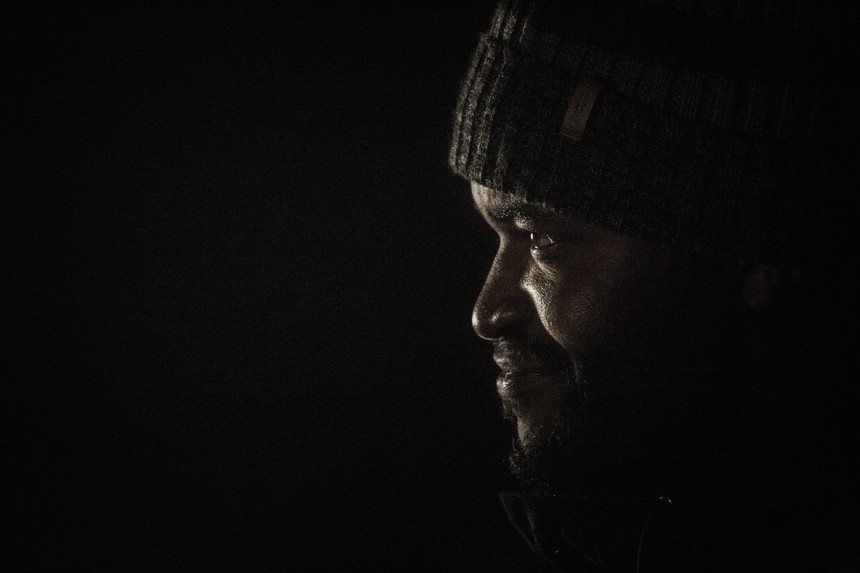 “I’ve been in the snowboard industry since ‘93, when I started at Transworld. To be able to have been through all the different layers, working at a magazine, brands, being a team manager, working at X-games starting in ‘99, then working at Red Bull to witness the present and the next is insane!" - Selema Masekela | Red Bull Content Pool/Balazs Gardi photo.
“I’ve been in the snowboard industry since ‘93, when I started at Transworld. To be able to have been through all the different layers, working at a magazine, brands, being a team manager, working at X-games starting in ‘99, then working at Red Bull to witness the present and the next is insane!" - Selema Masekela | Red Bull Content Pool/Balazs Gardi photo.
Forging a career in an industry as volatile as action sports is a challenge, but if there’s one person who can prove that hard work, dedication, and a desire to pursue what you love can lead to success, it’s Selema Masekela. If you’ve watched any sort of live TV broadcast in the action sports world in the last two decades, whether it’s the X-Games, the WSL Tour, Red Bull Rampage, or most recently Natural Selection, chances are you’ve seen his face and heard his voice bringing the event directly to your screen. In Journey>Reward, it’s about stepping away from the big screen and hustle and bustle of the event scene to have an honest and intimate conversation with his friend Jeremy Jones about the trials and tribulations of leading some of the most influential careers in action sports. Watch the full series, presented by Sierra Nevada Brewing Company, on TGR now.
Becoming one of the most recognizable figures in action sports hasn’t come easily, especially as a black man in what has for years been a world dominated by white men. His career is a story of taking chances, patience, perseverance, and in his words: “For me, anytime I’ve ever seen something and thought I have something to give, I can’t not at least try it. I’m not going give it a go half-assed, I’m going to try and be great at it. It’s taken me into some really radical directions. Combining the arts and action sports has given me the chance to play across the whole field of our culture.”
Masekela was born in New York City, son to renowned jazz musician and South African apartheid political exile Hugh Masekela and Jessie Marie Lapierre. Growing up in Staten Island, he began skateboarding at an early age, but truly discovered his love for the action sports culture when he picked up a snowboard and recognized the freedom it presented. A family move to Massachusetts and then to Southern California further opened up that world when he started surfing and snowboarding at Big Bear. Being the only black kid on the mountain (wearing a wetsuit to stay warm, nonetheless – according to a
2020 Snowboarder Magazine interview) generated lots of looks, but that didn’t deter him from following what he loved. A job tuning boards at a shop that didn’t work out led to a period of reckoning with the lifestyle he wished to pursue, but finally landing his first real industry job at Transworld in 1993 got him the foot in the door that changed it all.
“I’ve been in the snowboard industry since ‘93, when I started at Transworld. To be able to have been through all the different layers, working at a magazine, brands, being a team manager, working at X-games starting in ‘99, then working at Red Bull to witness the present and the next is insane!” says Masekela.
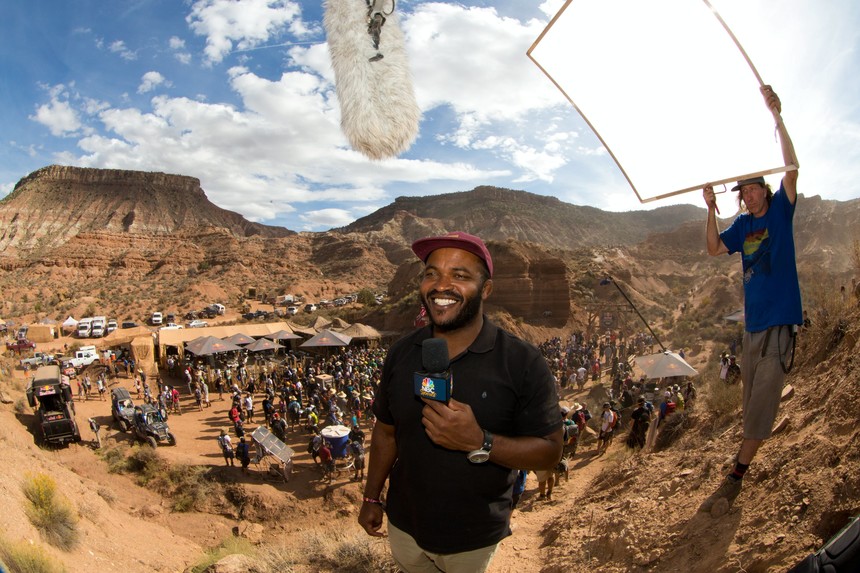 Checking in from the front lines at Red Bull Rampage. | Red Bull Content Pool/John Gibson photo.
Checking in from the front lines at Red Bull Rampage. | Red Bull Content Pool/John Gibson photo.
The proximity to surfing and snowboarding when his family moved to California in high school ultimately determined the trajectory of not just his career, but who he would become as a person. Masekela quickly realized he wanted to dive deep into the fascinating community, great music, and all the great things that come with it. “There’s people who do this all over the world, and I was just down to explore all the layers of that culture,” he says.
“After high school, I knew I didn’t want to go to college, so I didn’t, and my parents were frustrated because I was the kid working all the restaurant and construction jobs, late-night editorial jobs, all so I could support my habit of snowboarding and surfing. It wasn’t until I got my job at Transworld answering phones that I knew this could be a career,” Masekela says. At Transworld, the staff was who inspired him and made him realize he could live the shred life. He could come in late if the waves were good and nobody would give him shit as long as he got his work done and contributed to the team.
The job answering phones for Transworld morphed into a phone sales position, which gave him the opportunity to connect with people across the industry: brands, shop owners, athletes, and influencers that would grow his career even further - answering phones simply let him talk to lots of people, and in case you haven’t caught on, Masekela is pretty damn good at talking. The Transworld phone sales job eventually led to a new gig doing the same for hardgoods and softgoods brands in the industry. In turn, that sales experience gave him the ability to become a team manager. That got him to events like rail jams, park and pipe competitions, and ultimately led to him picking up the microphone.
“I started announcing at live events in the mid ‘90s. We would all take turns at events like that. Back then, there weren’t production companies running these things, so we would all kind of take turns on the mic. You’re basically just talking shit to the crowd and about your friends who were out there riding,” he says. “People started hearing me and called me to go announce their local events. That’s how I got started commentating. I’d be at a lot of these events anyway through working with brands and being a team manager, so it worked out.”
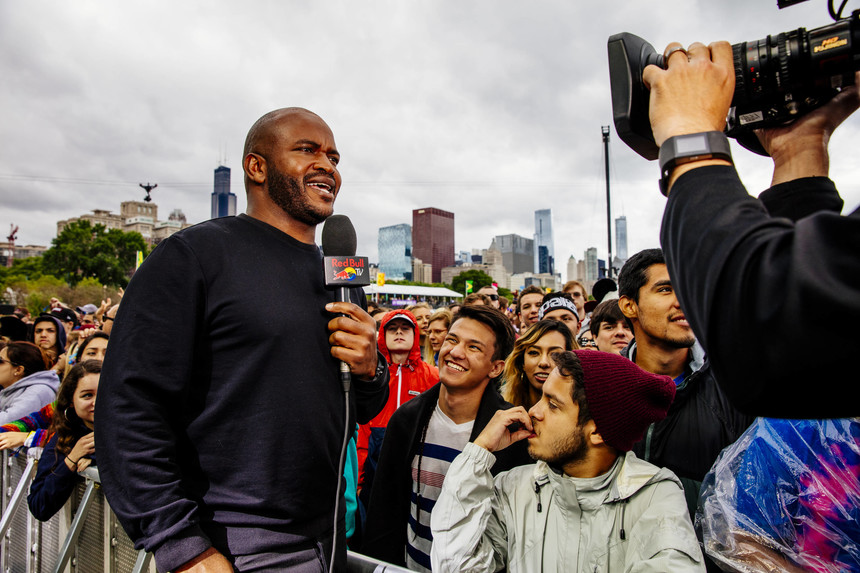 Action sports is about the culture. | Red Bull Content Pool/Jeremy Deputat photo.
Action sports is about the culture. | Red Bull Content Pool/Jeremy Deputat photo.
Sometime in the late 1990s, Masekela recalls that the major TV networks wanted a slice of the “extreme culture” and that really got him going down the announcer path. It started small, with public access shows at local events, where he’d ambush the event and get interviews with riders and personalities there. MTV gave him a big break, letting him working at music festivals for a few summers, but it wasn’t until ESPN got him on board with the X-Games that he finally felt like a real pro.
“X-Games is what gave me a TV broadcasting education. I didn’t know how to be a host, and definitely didn’t know the rules of being a play-by-play announcer. ESPN really taught me about storytelling and how to craft stories at an event. How do I ask questions to get real responses? How do I be a journalist? Parsing that with being a snowboarder, surfer, and skater gave me a unique angle,” he says.
Looking back at the winter of 1999, Masekela realized that his passion might finally have turned into a real job. “Let me try and not sound like an asshole,” was all he could thing about that winter. Now, and for the last 22 years, it’s become his life and it’s still something he admits he has difficulty comprehending.
Sign Up for the TGR Gravity Check Newsletter Now
“Doing the reps during all the early years gave me the ability to really pursue it and make it my own thing,” Masekela says. “I try to think of audience first. I think of the people who snowboard, make sure they’re taken care of, but there’s plenty of folks who aren’t part of the world who I need to keep involved and engaged. But most importantly, I have to give the athletes a voice and let them showcase what they do and who they are.”
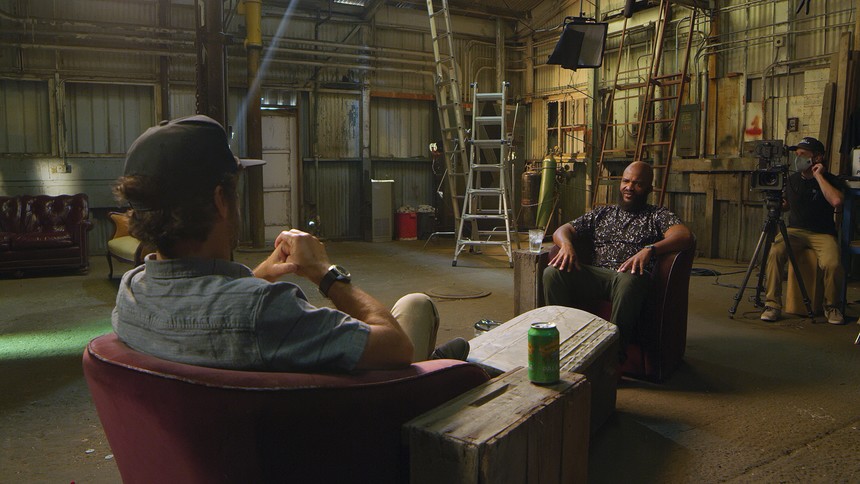 Chatting with his friend Jeremy Jones over some Sierra Nevadas for Journey>Reward. | TGR photo.
Chatting with his friend Jeremy Jones over some Sierra Nevadas for Journey>Reward. | TGR photo.
Those early years were something of a trial by fire, balancing his role as an objective reporter and a storytelling journalist, and his desire to really live the life. He recalls: “It took some people, especially at ESPN, really sticking their foot in my ass telling me that being out all night with the athletes was not a good look for me at ESPN. They told me ‘hey it might be cool in your world, but for us, it’s a blurred line and you need to pick your poison.’ That was humbling. It took me a very long time to become part of the “we” in that situation.”
Really, it all came down to curiosity. As a relentlessly curious person, Masekela says there’s just something that leads him to want to talk about what’s taking place, while being part of the fray. “I marvel at people’s ability to do shit at the highest level.”
Two decades of being a part of action sports growing into the behemoth it is today has led to some amazing moments, short flashes of history that really left a mark. Masekela was standing on the vert ramp in San Francisco when Tony Hawk did the first 900 on a skateboard. He was there when Travis Pastrana’s double backflip literally flipped freestyle motocross on its head. He’s announced multiple Red Bull Rampages, legendary surfing comps like Pipeline and Teahupo’o, even got to be a part of the first Jeffrey’s Bay event in the WSL. He was there for the entirety of Shaun White’s rise in snowboarding, from an X-Games grom through his Olympic gold medals. Masekela says, “I’ve been commentating Jamie Anderson and Elena Hight since they were young. I told Mikkel Bang here at Natural Selection that I first met him when he was 12. He’s 32 now and still crushing it at events like this.”
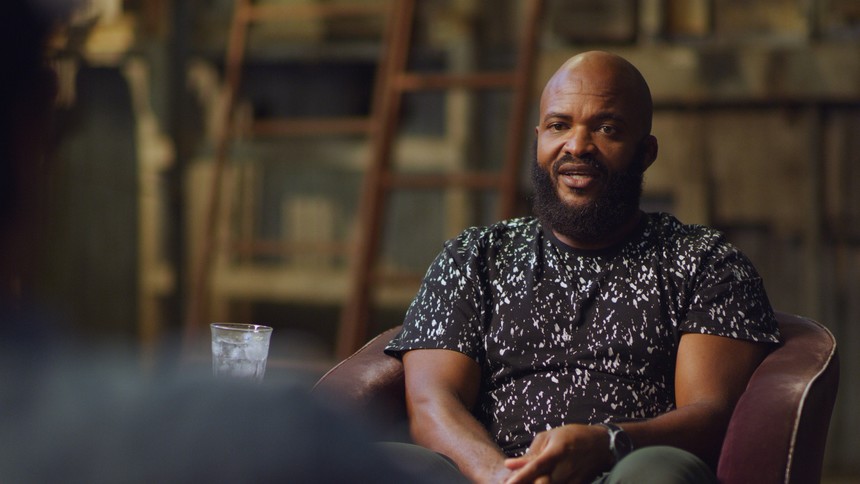 For Masekela, the story of action sports is a reflection of his own story, surmounting obstacles, breaking down barriers, following a passion, and pulling all the threads to see what unravels. | TGR photo.
For Masekela, the story of action sports is a reflection of his own story, surmounting obstacles, breaking down barriers, following a passion, and pulling all the threads to see what unravels. | TGR photo.
Of course, it’s not just about the highlights. It’s about the big moments, but it’s also about being able to see the various scene changes and the shape changes of the culture. The ebbs and the flows. To him, it’s about “The massive booms when everyone cares about action sports all of a sudden, and then when turns into us just caring about what matters to us again.”
Today, a new revolution is rocking the snowboarding world, and Masekela has his eye on it. He says, “There’s been an explosion we’re seeing this year, that is honestly heavily COVID assisted, where people are embracing access to the backcountry. Jeremy was a lone wolf for so long, and there was this impression that you needed to be gnarly and a mountain person. There was this certain vibe you needed. Now people realize you don’t need that and are making the effort to use all these awesome education tools out there to step and do it right.” That growth is something he’s wanted to see for a long time, and he’s especially excited about one thing: “seeing people who think they don’t look like the folks who have been marketed to in the past stepping up and joining the game.” For him, it’s a reflection of his own story, surmounting obstacles, breaking down barriers, following a passion, and pulling all the threads to see what unravels.
